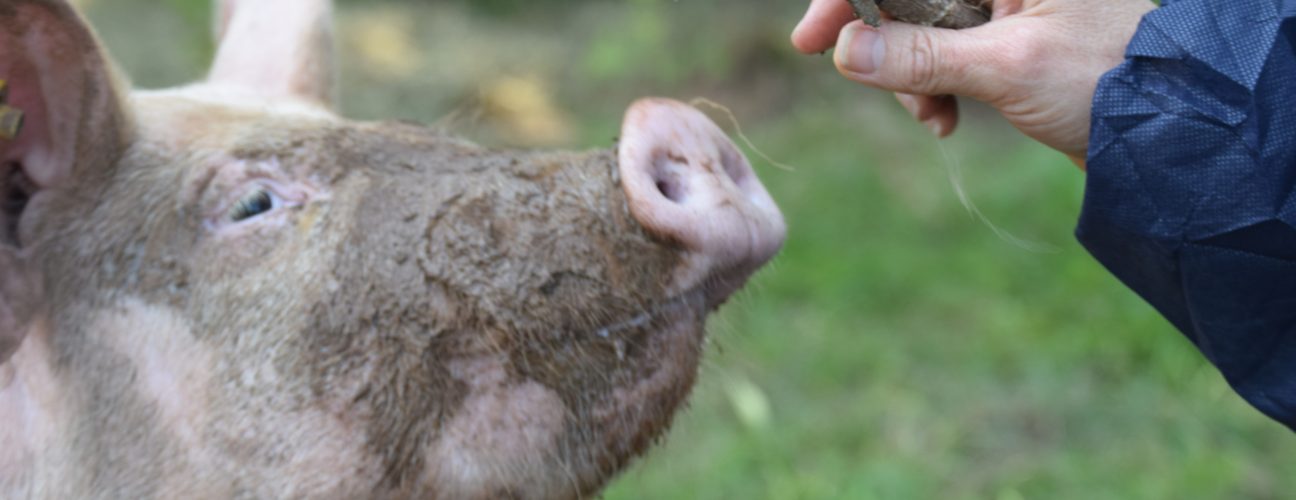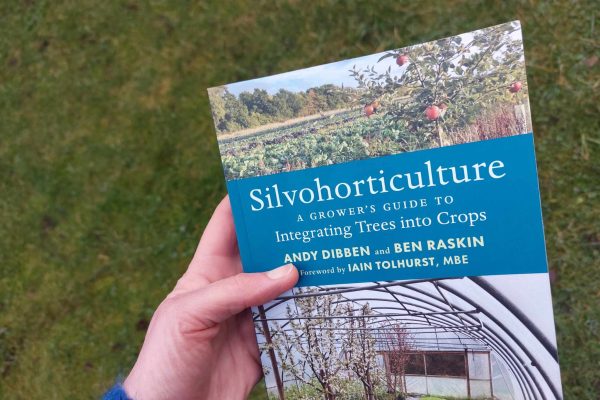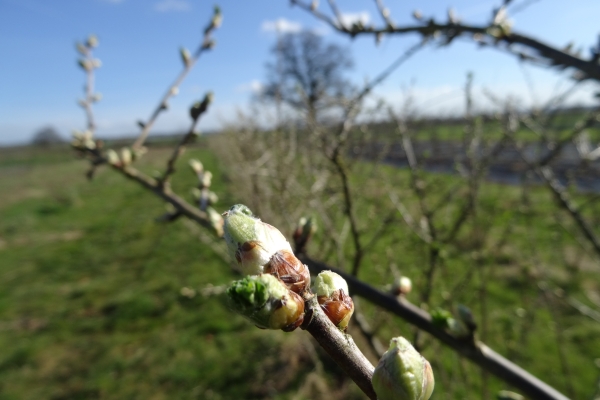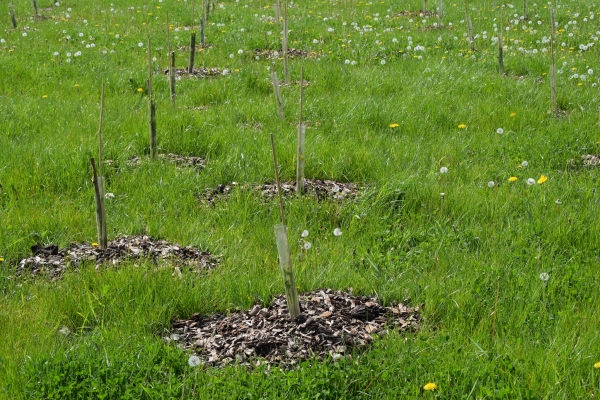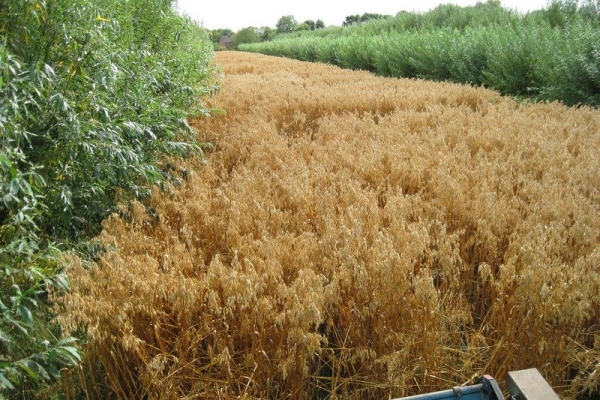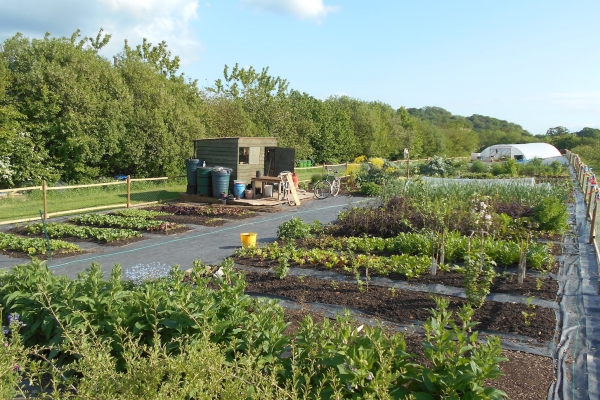Not just a hobby! Part time farming for a more resilient future
I’m exhausted! I’d love to be a farmer! These are two things I hear a lot, the first from farmers and growers the second from those who love the idea of farming and are thinking of changing their career.
I have worked full-time as a vegetable grower, full time (thankfully briefly) as an office worker and for the last 15 years or so as part time farmer, dividing my time between my work for the Soil Association and helping Helen Browning to implement agroforestry at her farm in Wiltshire. I also get to meet a lot of farmers and growers through my Soil Association work. So, I hear firsthand from a wide range of people how farming is for them and the many challenges that face those trying to make a living by producing food, or working on the land in other capacities.
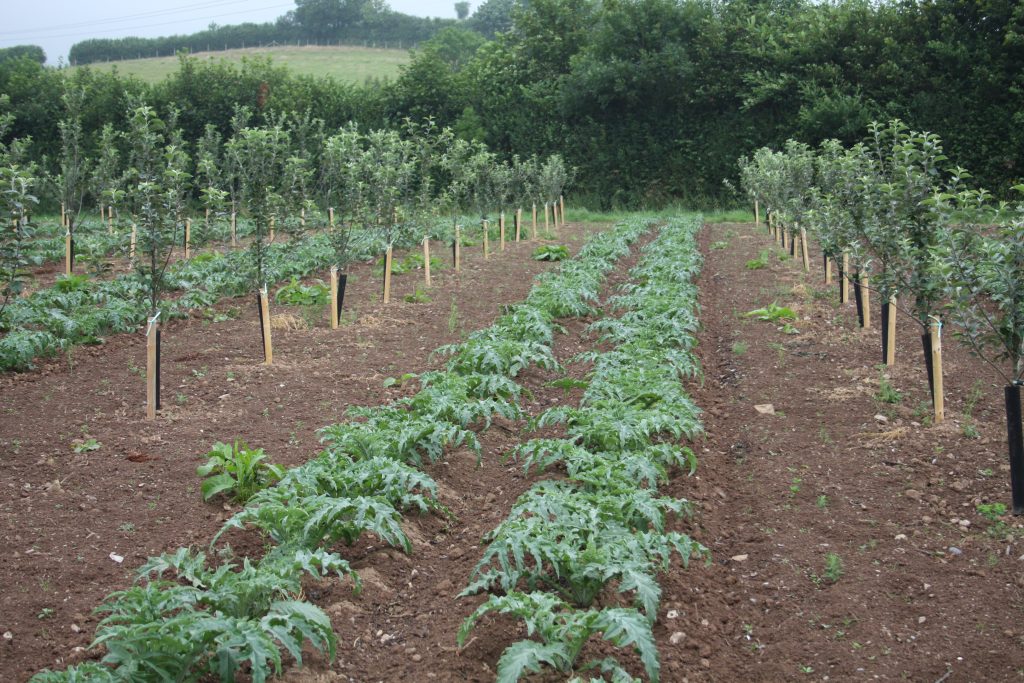
We know that our current food production and distribution system is fragile. Food is too cheap for many producers to be able to sustain a decent livelihood, while many poorer citizens are unable to afford good quality fresh produce. Many of the costs associated with industrial food production are not reflected in the shelf price as the work of the Sustainable Food Trust on true cost accounting demonstrates all too clearly. Our taxes pay for cleaning up our waterways from agricultural pollution. Our insurance premiums pay for the damage done by flooding caused in part by deforestation and deterioration of soil quality. Our desire for cheap meat drives poor animal welfare and environmental damage.
Against this background, there is a movement of (mostly) young people driven by a desire to feed and care for the world in harmony with nature. However the reality often doesn’t live up to the dream and too frequently what we see amongst those working in the industry is that long hours of physically demanding work too often lead to chronic physical and mental health problems for farmers, growers and foresters.
Conversely those working in desk based sedentary jobs risk suffer from a lack of physical exercise and mental quiet or spend a small fortune on swanky gym membership to prevent this happening. What if we could build exercise into our life in a way that had both purpose and financial reward? Part-time farming could provide that solution, particularly since Covid when our ability to work remotely has fundamentally shifted how we can work and live for many professions. Living rurally while continuing to do non-farm work is now a genuine choice for many. This could help reverse the exodus of young working people from the countryside, helping to revitalise local economies and communities.
In 2024 I carried out a survey on part-time farming and the results from this clearly show massive benefits to farming part-time, with most participants reporting improved mental and physical health. However this is no silver bullet. Part-time farming has its own challenges and a significant proportion of those who contributed to my survey felt forced to farm part time by the economic constraints of running a small farm. There can be disdain towards those who don’t farm full-time. Labels such as “hobby” or “lifestyle” imply that they shouldn’t be taken seriously. There can also be embarrassment if one of the family has to find other work off farm to support their income, as if somehow that is a failure on the part of the farmer.
While the subsistence or homesteading approach suits some and has real value, the wider potential lies for me, not in a traditional mixed small holding model, but in the professionalisation of part-time farming, running one or two operations or contributing on a part time basis to a larger rural business. These enterprises can be efficient and profitable even if they do not provide a full-time income. The part-time model is particularly useful for those entering the profession, especially when changing careers and unable to take time off to retrain, or for those winding down at the end of their working life. For many though, as for me, it is a fulfilling way to bring balance and meaning to work and family.
With the right support part-time farming could deliver a range of individual and social benefits, such as healthier lifestyles reducing the burden on our national health service, a flexible and motivated labour force for the land-based sector, increased food self-sufficiency and resilience.
My report (largely based on the responses to the survey) is available from my website or my Substack – which also has further blogs on the topic
Credit for both photos: Ben Raskin. All Rights Reserved
